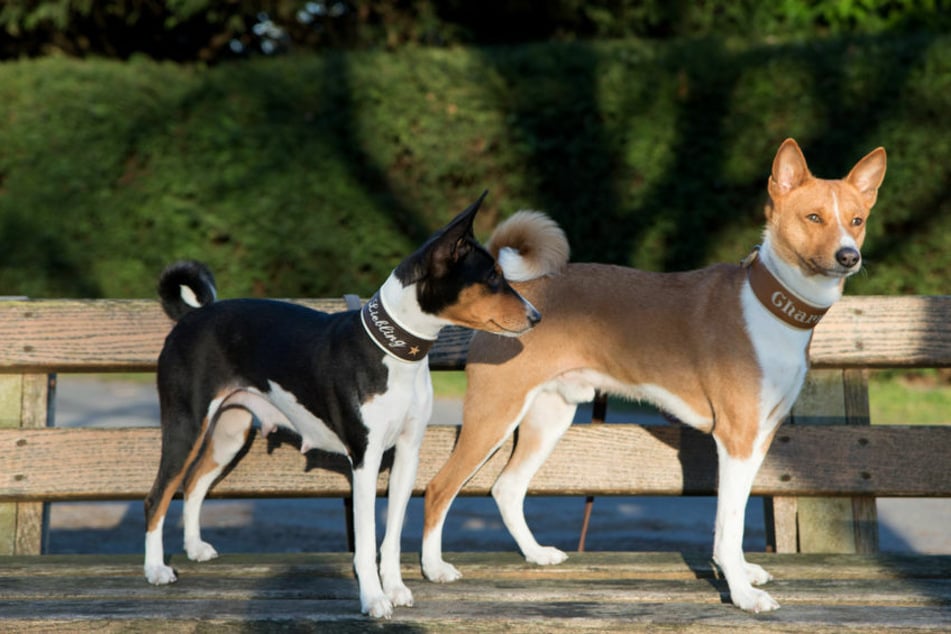Why can't basenjis bark?
It's true that basenjis can't bark, and quite possibly their most iconic feature. That being said, it is a rather strange and unusual feature, and one that understandably solicits curiosity in the dog community.

While the concept of a basenji - a dog breed that doesn't bark - might seem simple enough, it's actually anything but a simple doggo. Basenjis have their origins in Africa, where they acted as effective pest control for village communities, hunting for rats and other vermin. Colonial researchers brought them to Britain in the 19th century and the rest is history. But why don't they bark, what's behind this strange fact?
Why basenji dogs don't bark
Basenjis can't bark properly simply because their larynx is extremely flat compared to other breeds. As a result of this physical deform, they can't produce the strong sound blast of a typical bark. This doesn't mean, though, that Basenjis are the solution for people who are looking for a silent dog. They might not bark, but they're still loud.
Instead of barking, the basenji is famous for its gurgling sounds, loud howling reminiscent of yodeling, and slight blurts similar to coughing, which can sometimes sound like regular barks. As a result, the solution for those who want a quiet dog is simply not to get a basenji.
If you are annoyed by your dog's constant barking, the best solution is always better training, not a different breed. It's also important to remember that, while excessive barking can be a sign of stress or poor training, barks are an essential means of communication for dogs.
Just as everyone would like their voices to be heard, complete silence should never be a dog owner's goal. That being said, the basenji is still an adorable little creature.

The origins of the basenji have a lot to do with their silence
Translated from a Congolese language, the name Basenji means "dog of the bush" or "dog of the villagers." Its wild ancestry also goes a long way towards explaining the Basenji's independent and sometimes stubborn behavior. As descendants of wolves and coyotes, they have a very strong hunting instinct and a lot of energy to burn.
That doesn't mean that they can't be excellent family dogs, as long as they have been socialized and educated correctly from the beginning. Basenjis are fiercely loyal and can have a calm, watchful character. They also have a natural tendency towards playfulness that's worth stimulating and encouraging.
All this being said, the basenji is still not a breed well-suited to first time dog owners. When they aren't properly stimulated, their headstrong instincts are indulged and appear at the surface, making Basenjis both exhausting and difficult to control. Instead, if you are new to dog ownership, it's better to choose a low-maintenance dog breed.
So there you have it, basenjis don't bark because they are sick or injured, they are simply incapable of making the classic barking sound. Instead, they communicate through different noises - and that's perfectly okay!
Cover photo: 123RF/bmfotos


